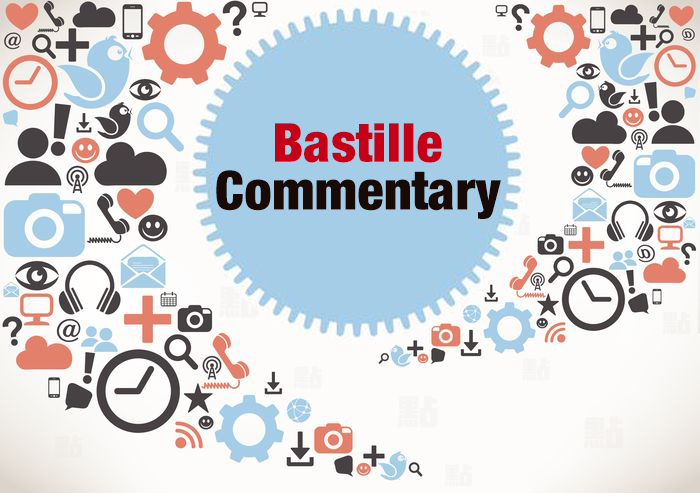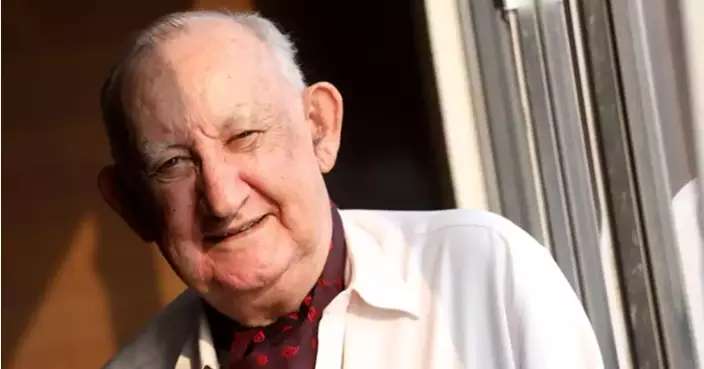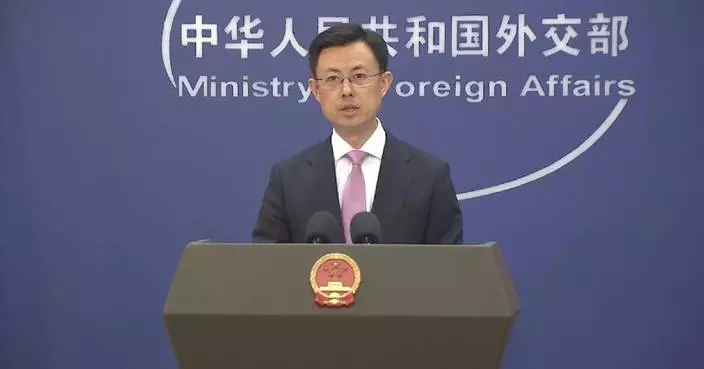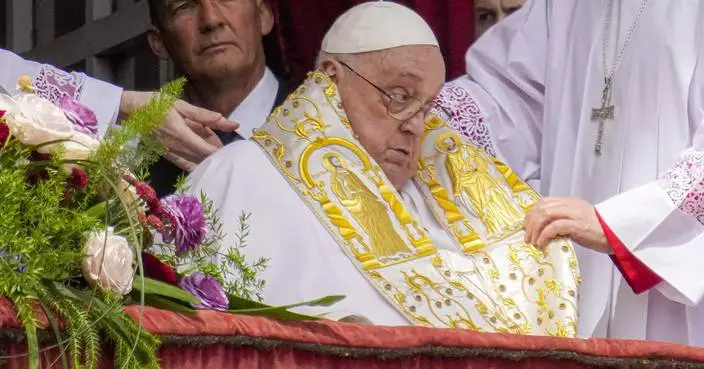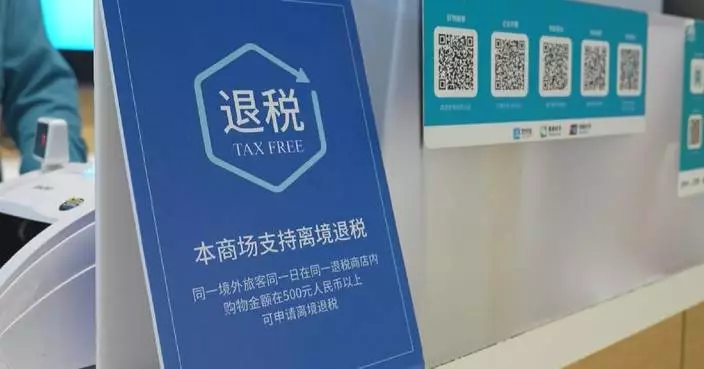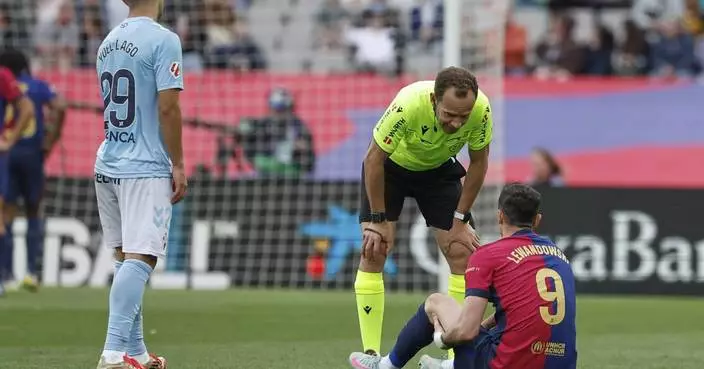When the riots in England pressed on, the British government responded with a heavy hand to suppress the unrest, and the courts acted swiftly, with rapid trials and speedy sentencing, putting a large number of protesters and individuals inciting protests across Britain in prison.
The first individual convicted was 28-year-old Jordan Parlour, who had posted on Facebook, calling for an attack on a hotel housing refugees in Leeds, England. During the trial, Judge Guy Kearl KC acknowledged that Parlour had not participated in the violent incident, but he posed the question: "There can be no doubt you were inciting others to do so, otherwise why post the comments?" Consequently, on August 9th, Parlour was sentenced to 20 months in prison for inciting racial hatred, becoming the first person in Britain convicted for inciting riots online.
On the same day, another British man, 26-year-old Tyler Kay, who also encouraged others on social media to set fire to a hotel housing refugees, was similarly found guilty of inciting racial hatred and sentenced to 38 months in prison. Judge Adrienne Lucking KC described the posts as “utterly repulsive, racist and shocking."
There were also several other agitators like Parlour and Kay who were swiftly sentenced after pleading guilty while in the custody of the British police, resulting in immediate sentencing without contest. Many of those sentenced in the UK come from lower socioeconomic backgrounds, lack legal knowledge, and are unaware of their right to request government-appointed counsel, leading to quick guilty pleas. The British courts' approach to dealing with protesters has been notably ruthless, with rapid trials and judgments that serve as an immediate deterrent to street protests.
Speaking of convictions and sentencing, in the case of the Victoria Park 818 flow-style rally in Hong Kong in 2019, seven leading opposition figures, including Jimmy Lai and Martin Lee, were involved. They were initially found quilty in two counts, organizing and participating in an unlawful assembly. However, upon appeal, the conviction for organizing an assembly was overturned, but the conviction for participating in the assembly was upheld. Jimmy Lai's sentence was reduced from 12 months to 9 months, and Martin Lee's suspended sentence meant he would not serve jail time, though they continued to appeal to the Court of Final Appeal. The case had spanned four years, and on Monday (August 12), the Court of Final Appeal dismissed the appeal, upholding the original verdict.
In the judgment, the Court of Final Appeal squarly stated that the defendants' claims were contrary to all principles of jurisdiction in Hong Kong. The Court’s overseas non-permanent judge, Lord Neuberger of Abbotsbury from Britain, in his judgment, agreed with the views of Chief Justice Cheung Kui-nung and Permanent Judge Justice Roberto Aleandre Vieira Ribeiro, noting that both the laws of the United Kingdom and Hong Kong recognize freedom of assembly as a fundamental right of citizens, but these rights are subject to individual local legislation. He further remarked that Cheung had "completely and impressively considered the issues."
After the Court of Final Appeal rejected the appeal of the 818 assembly case, the last Governor of Hong Kong, Chris Patten, criticized the judgment as “unjust”, and expressed his displeasure at the involvement of Lord Neuberger who has consistently championed human rights. In his criticism about Lord Neuberger, Patten said that “Perhaps some of his views on the law changed between the first-class waiting room at Heathrow and the arrival terminal of Hong Kong International Airport.”
Jimmy Lai and Martin Lee are promanent leaders of the opposition, and their involvement in an unlawful assembly would absolutely draw a large number of followers. Now the Hong Kong courts only found the defendants guilty of participating in the assembly while dismissing the charge of organizing the assembly, making the conviction relatively lenient. When comparing this to the aforementioned cases in the United Kingdom, where anonymous individuals were sentenced to 20 or 38 months in prison merely for making a few inflammatory comments on social media without even physically attending the demonstration, it is evident that the severity of the British courts far surpasses that of Hong Kong. To borrow Patten’s ironic phrasing, British judges indeed “changed their views on the law between the first-class waiting room at Heathrow and the arrival termial of Hong Kong International Airport”, and have become more lenient.
Patten said the outcome of the 818 rally appeal case where Lord Neuberger involved was surprising. In fact, much more surprising is, while making loud noises condemning the relatively lenient convictions in Hong Kong courts, he is silent and indifferent about British courts’ speedy trials and harsh sentencing, The extent of this double standard has reached a point of blindness. Perhaps Patten's logic is that the court should refrain from sentencing prominent figures like Martin Lee and Jimmy Lai, as they should be above the law. After all, Martin Lee and Jimmy Lai are good friends of Chris Patten. As for the lesser-known figures like Kay and Parlour from Leeds, Lord Patten doesn’t even know who they are, so why would he bother?
Wing-hung Lo
Bastille Commentary
** The blog article is the sole responsibility of the author and does not represent the position of our company. **



